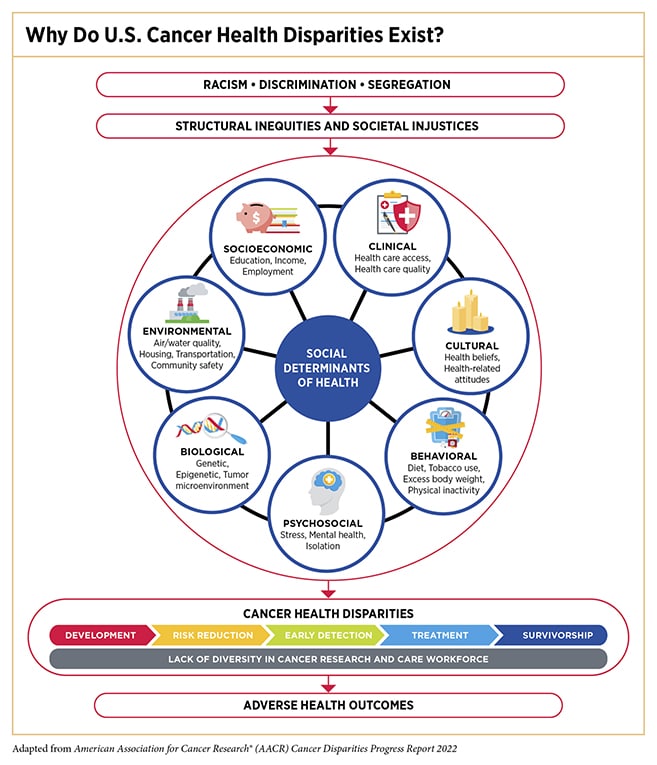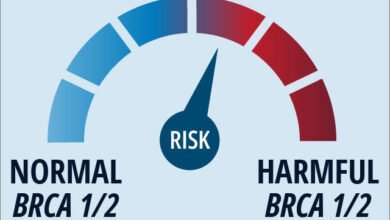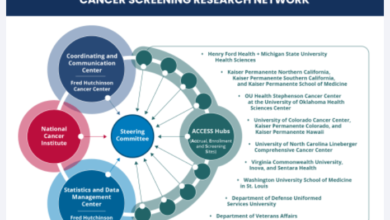Three AACR Reports Capture the State of Cancer Science and Medicine in 2022

By Kaleem Zaidi, PhD
AACR Executive Office
The year 2022 marked significant progress against cancer, thanks to advances in cancer science and medicine fueled primarily by consistent federal funding for medical research. In parallel, effective public health campaigns and policies enacted over the past few decades continue to raise awareness of cancer risk factors, promote cancer prevention strategies, and increase access to routine cancer screening, thus helping maintain the steady progress against cancer.
As highlighted in the 12th edition of the annual American Association for Cancer Research (AACR) Cancer Progress Report, released in September 2022, an estimated 3.5 million U.S. cancer deaths have been avoided between 1991 and 2019. Equally encouraging is the increased number of cancer survivors. As of January 2022, more than 18 million Americans are living with and beyond a cancer diagnosis, constituting 5.4 percent of the U.S. population.
Continuing the trends of the past decade, most new anticancer drug approvals by the U.S. Food and Drug Administration (FDA) discussed in the AACR Cancer Progress Report 2022 were either molecularly targeted therapeutics or immunotherapeutics. Between August 1, 2021, and July 31, 2022, the time period covered by the report, FDA approved eight new anticancer therapeutics and expanded the use of 10 previously approved anticancer therapeutics to treat new types of cancer, of which 10 were molecularly targeted therapeutics and six were immunotherapeutics. These approvals, some of which are covered in detail in the AACR Cancer Progress Report 2022, are already benefiting patients with various cancer types including those with metastatic melanoma, such as Johnny Borgstrom; those with an inherited condition that predisposes them to cancer, such as Alexandra Vitale; and patients whose cancer cells carry a specific DNA mutation, such as 6-year-old Tyler Richards. The Steering Committee for the AACR Cancer Progress Report 2022 shares further commentary on this year’s advances in an In Focus article in the AACR journal Cancer Discovery.
A year of opportunities
The year 2022 highlighted tremendous opportunities for technological innovation to improve cancer research and patient care. One area of great excitement is the use of artificial intelligence (AI) and machine learning (ML) in cancer research and precision medicine. AI/ML-powered models are already helping design new drugs, evaluate drug responsiveness, and predict protein structure.
In recent years, FDA has approved several AI/ML-based software systems to aid cancer early detection and diagnosis, including two examples discussed in the AACR Cancer Progress Report 2022—Lunit INSIGHT MMG to identify breast lesions suspected of being cancerous, and EndoScreener to identify potentially precancerous polyps during a colonoscopy. AI/ML-driven software solutions as well as liquid biopsy-based multicancer early detection approaches hold immense potential to detect and diagnose cancer at an early stage, when it is easier to treat successfully.
The COVID-19 pandemic negatively impacted all aspects of cancer research and patient care, as detailed in the AACR Report on the Impact of COVID-19 on Cancer Research and Patient Care, released in February 2022. The pandemic derailed cancer care plans for many patients, such as Rachel Orth, who had to reschedule essential medical procedures as she fought gastric cancer, and Wenora Johnson, a Lynch syndrome patient whose colonoscopy was delayed several months.
Adaptations to mitigate the pandemic’s adverse effects offer a blueprint to improve and accelerate delivery of quality cancer care to patients. Use of telemedicine and regulatory changes to decentralize clinical trials allowed patients such as metastatic melanoma survivor Federico de Armas Heinzen and thyroid cancer survivor Allyson Pile to continue receiving cancer care, even when they were unable to visit a health care facility in person.
A year of reflection
The year 2022 began with the sobering reality that nearly 1 million Americans have died from COVID-19. Certain aspects of clinical care, such as cancer screening and clinical trials, began to recover from the most severe effects of the pandemic. However, an increase in late-stage diagnoses of certain cancers served as a reminder that the full impact of the pandemic remains to be seen.
The year 2022 witnessed the overturn of Roe vs. Wade, which ended a woman’s constitutional right to an abortion. The Supreme Court’s decision has caused deep uncertainty among physicians regarding the best course of action for care of cancer patients whose pregnancy may be affected by cancer treatment. Multiple cancer-focused research organizations, including AACR, raised concerns that the decision will restrict access to equitable, quality health care, including for patients with cancer.
The year 2022 also underscored the grim reality of significant disparities in access to timely and quality cancer care among racial and ethnic minorities and medically underserved populations. As discussed in the second edition of the AACR Cancer Disparities Progress Report, released in June 2022, a long history of racism, discriminatory policies, systemic inequities, and structural barriers continues to cause and perpetuate disparities, including a disproportionate burden of cancer, suboptimal adherence to routine cancer screening; minimal participation in clinical trials; and the substantial financial toll of a cancer diagnosis.

Captured through powerful stories of cancer survivors from a cross section of the U.S. population, the report identified several interconnected interventions such as engaging the community; helping patients navigate the health care system; increasing clinical trials participation; and raising awareness of cancer screening and genetic testing. Implementing these interventions will help address, and eventually eliminate, cancer health disparities.
Emphasizing the importance of federal funding for medical research in curing all cancers, the three reports included AACR Calls to Action. Addressing these action items would fuel innovation and usher in a new era of cancer science, reduce cancer disparities, improve cancer prevention and detection, and bring lifesaving cures to millions of people whose lives are touched by cancer.
The AACR reports to Congress and the American public are a cornerstone of AACR’s educational and advocacy efforts. The purpose of these reports is to highlight the unprecedented progress toward curing all cancers; underscore the importance of federal funding for cancer research; and emphasize the urgent need to address cancer health disparities, with the overarching goal to achieve health equity for all people, regardless of their race, ethnicity, age, gender, sexual orientation, socioeconomic status, or geographic location. The AACR reports are freely available at https://cancerprogressreport.aacr.org/.
Source link
#AACR #Reports #Capture #State #Cancer #Science #Medicine



